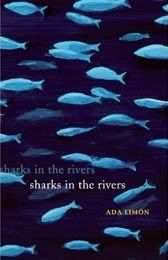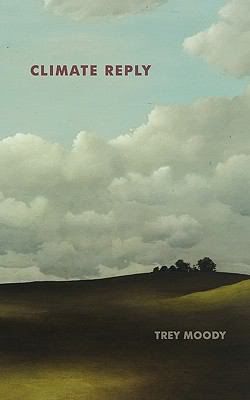For next Monday's class session, you will need to bring a few documents with you. First, you will need to have a hard-copy of your second-draft of a new poem written "in the style of Ada Limón." As such, after you write you 250 to 300 word prose meditation, ask yourself: what aesthetic, as well as thematic, concerns do I find in Sharks in the Rivers, and how can I apply those techniques and ideas to the prose that I've written in my first-draft? Pay special attention to the manner in which she develops half-meanings through her line breaks and the variable syntax of her sentences as she disperses them throughout the poem (and over a given line or stanza). Likewise, what types of images does Limón employ and in what manner? To this extent, be cognizant of her use of metaphor, which occurs rather frequently in her poems. In addition to the hard-copy you bring to class, make sure you email me a version by 10PM on Sunday night.
You will also need to bring a hard-copy of your review on Sharks in the Rivers to Monday's class session. As a reminder, I want you to veer away from interpretive (i.e. literary) readings of these poems and focus more on craft and technique elements. This is not to say that you should never address interpretive modes of writing, but it should always be foregrounded through poetics and/or aesthetics and not be the primary focus of your review. Instead, think through the poems and their relationship to the concepts we've covered in Kinzie. In order to support your claims, be sure to quote both the poem(s) from Sharks in the Rivers and A Poet's Guide to Poetry when necessary. Over and above quoting material, describe how the concepts you address in a particular poem function and to what effect? Finally, as a matter of formatting, make sure of the following:
I would also like you to compose 3 questions that specifically address craft and technique elements within the collection, referencing particular passages when applicable. We will use these questions for discussion purposes in class.
You will also need to bring a hard-copy of your review on Sharks in the Rivers to Monday's class session. As a reminder, I want you to veer away from interpretive (i.e. literary) readings of these poems and focus more on craft and technique elements. This is not to say that you should never address interpretive modes of writing, but it should always be foregrounded through poetics and/or aesthetics and not be the primary focus of your review. Instead, think through the poems and their relationship to the concepts we've covered in Kinzie. In order to support your claims, be sure to quote both the poem(s) from Sharks in the Rivers and A Poet's Guide to Poetry when necessary. Over and above quoting material, describe how the concepts you address in a particular poem function and to what effect? Finally, as a matter of formatting, make sure of the following:
1) Book titles are in italics. Do not put excerpts from the books in quotation marks (unless the author has already done so).Below is the list of poem assignments. Please focus on the poem you are assigned; toward the end of the review, if you would like to, you can expand outward and connect your particular poem to the collection at-large, drawing comparisons, resonances, and like-minded issues, etc. between them:
2) Poem titles and excerpts from both books are in quotation marks.
3) Line breaks from quoted material should be indicated with the virgule [i.e. the forward slash (i.e. /)].
4) Papers are to be 1 single-spaced page typed in 12-point, Times New Roman font with 1-inch margins. Your header should simply be your name on one line, with the book title on the next in the top left-hand corner (e.g. Joshua Ware / Sharks in the River Review).
Miranada: "Flood Coming"If, by chance, there is a poem you found to overwhelmingly compelling to you, and no one else is writing on it, email me and we can schedule a switch. Obviously, there are many more poems in this collection than there are students, so this shouldn't be a problem.
Kelly: "Good Enough"
Matthew Carter: "Rescue Animals"
Matthew Chanlynn: "This Practive"
Kimberly: "Body of Rivers"
Katlin: "Overjoyed"
Samual: "The Barer the Bones"
Alyssa: "The New World of Beauty"
David: "Marketing Life for Those of Us Left"
Taylor: "Homesick"
Jennifer: "The Crossing"
Jessica: "The Commute"
Ashley: "The Same Thing"
Rachel: "Drowning in Paradise"
Hailey: "The Weather Reported"
Lindsay: "Sting"
Hanna: "The City of Skin"
Luke: "Big Star"
Joseph: "Fin"
I would also like you to compose 3 questions that specifically address craft and technique elements within the collection, referencing particular passages when applicable. We will use these questions for discussion purposes in class.

